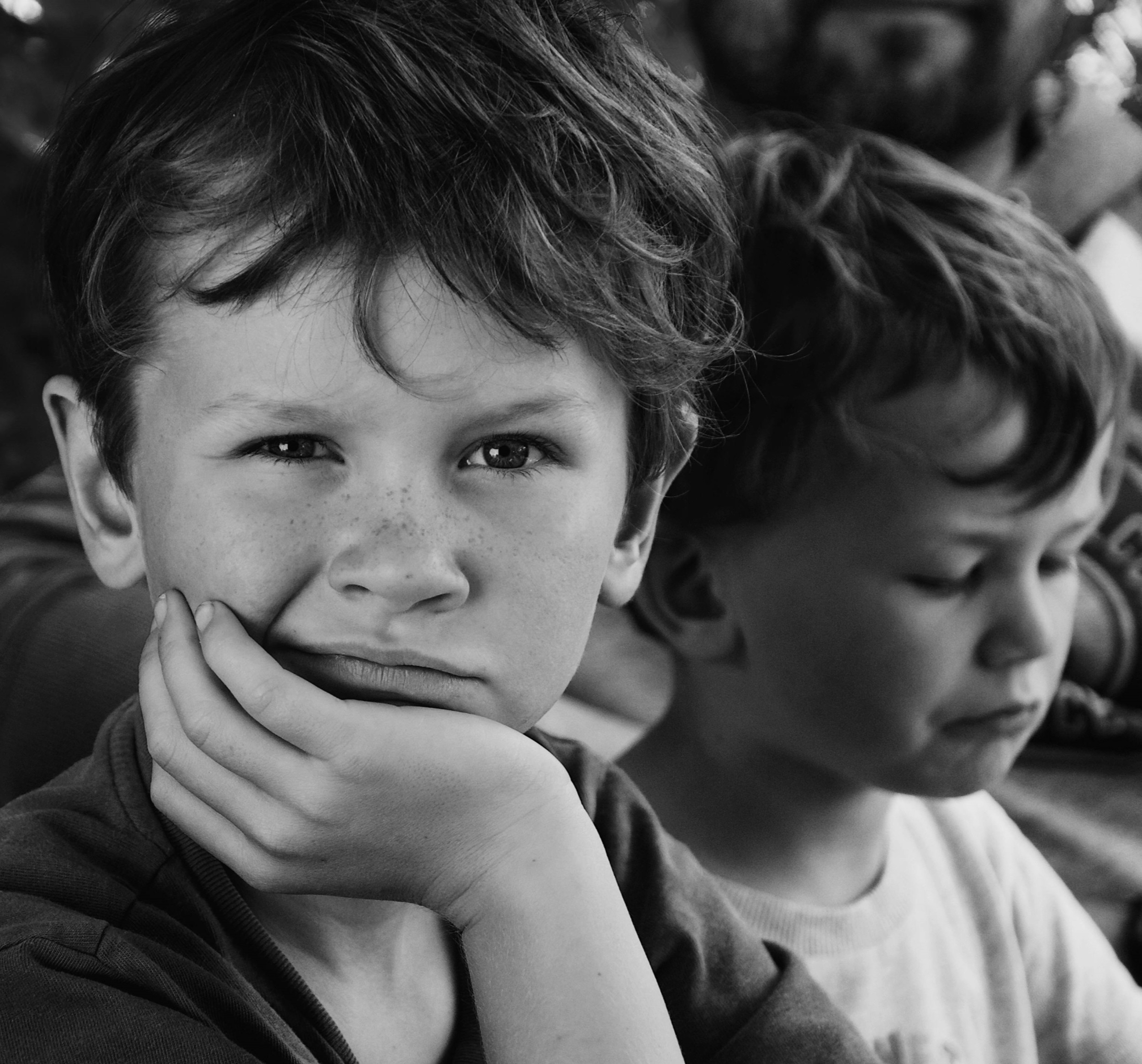The concept of masculinity has transcended traditional definitions, evolving into an intricate tapestry woven with diverse threads of identity, emotion, and societal expectation. For many, contemplating one’s relationship with masculinity elicits feelings both profound and perplexing. When one states, “I don’t see myself as manly,” it can resonate deeply, encapsulating a kaleidoscope of experiences that challenge the status quo. What does it mean to redefine masculinity, especially when one feels detached from its entrenched ideals? This exploration delves into the nuanced locales of masculinity’s redefinition and illuminates the personal narratives that shape individual identities.
To embark on this journey, it’s paramount to dissect the intrinsic attributes often linked with masculinity. From an early age, individuals receive implicit cues and overt messaging about what it means to be a man. Strength, stoicism, and dominance dominate this discourse, presenting an archetype that many aspire to emulate. Yet, for some, these ideals feel unrelatable or excessively constraining. This prompts an essential question: does one’s deviation from traditional masculinity indicate weakness or liberation?
Conversely, masculinity shouldn’t merely be an armor donned for societal approval. It is increasingly recognized as a spectrum that encompasses an array of traits, including empathy, vulnerability, and creativity—characteristics long relegated to the feminine domain. The idealized version of manliness often leads adherents away from emotions, compelling them to suppress feelings in favor of a facade of invulnerability. However, this can precipitate detrimental consequences, fostering mental health issues and emotional estrangement.
To further substantiate this transformation, one must delve into the cultures and communities that have been at the forefront of redefining masculinity. Consider the rise of movements promoting emotional intelligence among men—a call to arms for those yearning to embrace their multifaceted identities without the baleful weight of judgment. Engagement with these communities can foster dialogue and understanding, encouraging individuals to question societal norms and explore their definition of manhood.
Identity is inherently fluid, often oscillating amid various phases of self-discovery. For those who identify as male but feel they don’t align with traditional masculinity, this journey can be both liberating and intimidating. Reconciling gender norms with personal identity can foster anxiety. Still, it unveils the opportunities for personal growth. Imagine a man grappling with passion for the arts or an inclination toward nurturing professions. Society’s conventions may dictate that such pursuits undermine one’s masculine essence. Yet, breaking free from this dichotomy can liberate an individual to embody a self-concept that is authentic and enriching.
Critically, the conversation around masculinity must extend to intersectionality. Acknowledging factors such as race, culture, and socioeconomic status is essential when unpacking how masculinity is perceived and experienced. Men of color, for example, might grapple with the intersections of racial identity and societal expectations of manhood uniquely. This complexity necessitates a recognition that redefinitions of masculinity are not monolithic but rather a rich collage of experiences influenced by various contextual factors.
Moreover, the rise of mental health awareness has shone a spotlight on the necessity for emotional discourse. The entrenchment of the “tough guy” mentality—urging men to eschew emotional expression—has left vast numbers of individuals stifled and incapable of articulating their inner turmoil. The burgeoning acceptance of mental health resources can empower men to voice their struggles, find solidarity in shared experiences, and ultimately redefine what it means to be vulnerable. This reconceptualization encourages vulnerability as a strength rather than a liability, fostering healthier relationships and improved emotional well-being.
As one considers the evolution of masculinity, it becomes imperative to embrace the values of compassion and equality. Redefining masculinity shouldn’t exist in a vacuum; rather, it should also include discourses on the equitable treatment of all genders. This interconnectedness amplifies the importance of acknowledging the ways masculinity impacts how individuals relate to one another—both men and women alike. Understanding this dynamic fosters better connections, grounded in respect and mutual support.
Despite these strides, the journey toward redefining masculinity is rife with challenges. Confronting deeply ingrained stereotypes often elicits resistance, leading individuals to grapple with societal pushback. Still, as advocates champion the redefinition of masculinity, they illuminate pathways for authentic self-expression. Each bold step taken towards dismantling outdated norms contributes to a widening understanding of what it means to be male in contemporary society.
Ultimately, the assertion, “I don’t see myself as manly,” signifies far more than a mere statement of identity. It heralds the beginning of a dialogue that champions individual authenticity, revealing the complexities of gender in a multifaceted world. Embracing this redefined masculinity allows for the acceptance of diverse identities, weaving a richer tapestry of human experience. Rather than adhere to a stagnant definition, the movement towards progressive interpretations invites all to participate in the ongoing narrative surrounding masculinity—a narrative that is as dynamic as it is essential.
In closing, authenticity and redefinition remain pivotal concepts in the face of evolving masculinity. The embrace of all aspects of the self—masculine, feminine, and beyond—will form a future where individuals can proclaim their identities without fear or reservation. It is in this newfound space of understanding and acceptance that a more holistic view of masculinity can emerge. Let us collectively advance the conversation, carving a path for generations to come, where every individual feels empowered to authentically express their true self.

